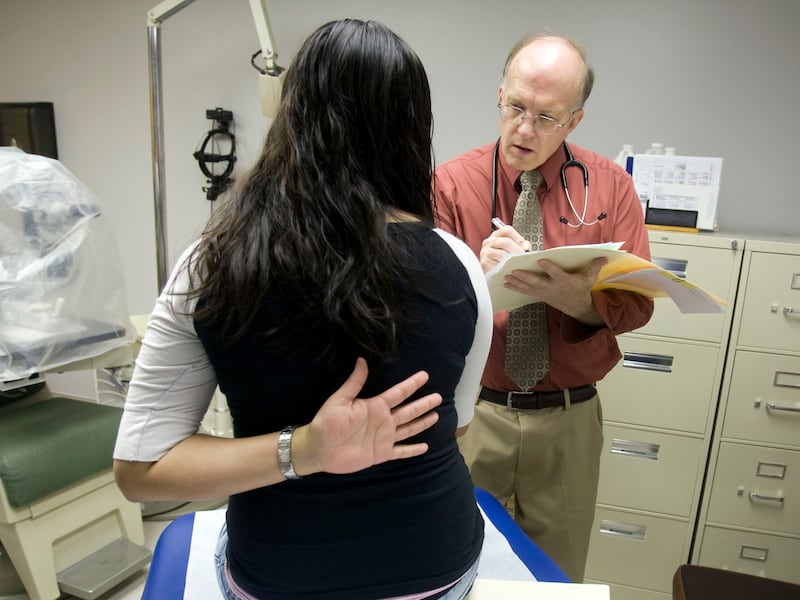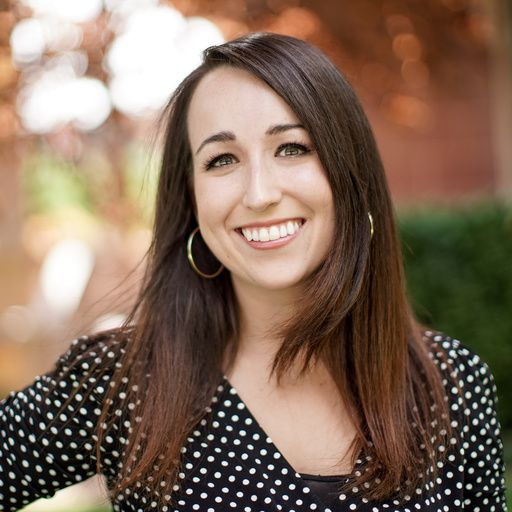SALT LAKE CITY — Citing a rising rate in the number of uninsured children — 87,000 in Utah — two lawmakers are hoping the state will open its wallet to fund efforts to get health care coverage for all kids.
“We are a state that deeply cares for kids,” SB158 sponsor Senate Minority Whip Luz Escamilla, D-Salt Lake City, said Tuesday during a virtual news conference with lawmakers and the nonprofit group Voices for Utah Children.
And yet “we have one of the highest rates of uninsurance when it comes to children,” she said.
Despite Medicaid and Children’s Health Insurance Programs being available to many in the state, some don’t know they are eligible, or they face difficulties in signing up, Escamilla noted.
The pandemic also illuminated the fact that “our kiddos deserve to be covered, and they need that in order to have a better outcome,” she said.
A report released by Georgetown University Center for Children and Families last year found that Utah since 2016 had the third-largest increase in its rate of child uninsured children in the U.S. The rate in 2019 was 5.7% in Utah compared to the national average of 8.3%, according to the report.
SB158 would create a Children’s Coverage Outreach Pilot Program to reach underserved populations, offer application assistance and run a media campaign to raise awareness for insurance plans available to Utah children. The bill would also direct the Utah Department of Health to expand eligibility to families making up to 200% of the federal poverty level for the Medicaid and Children’s Health Insurance Program, or CHIP.
Currently, a family of seven is eligible for CHIP if they make no more than $79,280 per year.
The bill has a price tag of $5.2 million, but Escamilla said she believes the return on investment will be worth the cost. When kids have coverage, parents are encouraged to make better health decisions for their families and costly last-minute visits to the emergency room are avoided, she said.
Trying to help families find the coverage they need
Teresa Sanchez, with nonprofit Utah Health Policy Project and Take Care Utah, said her group has been concerned about the recent rise in the uninsured rate, especially among the Latino community. She sees language barriers and lack of assistance for those who have lost coverage among the biggest issues leading to children being uninsured.
Sonia Gonzalez, a mother of three, said through a translator her family used to have Medicaid “but now it’s been a little bit difficult finding health insurance.”
“Last year, my three children all got sick, and the medical bills piled up. And my husband was, his income was a little bit higher but not high enough to be able to have coverage for a more expensive health insurance,” Gonzalez said.
She met with Sanchez with the Utah Health Policy Project, who helped the family connect with resources “and because of her, we were able to get CHIP, and that was such a blessing to our family and our lives,” Gonzalez said.
Paola Cervantes, a University of Utah student who lives with her family in Salt Lake County, said that her little brother has Medicaid coverage.
“And I have seen how he’s able to go to the doctor, and he has been able to regularly go for his checkups whenever he needs,” Cervantes said.
But her little sister does not have coverage. When she gets sick, “we worry about visiting the doctors and the cost that that would be for my family,” Cervantes said.
Two years ago, her sister needed to go to the emergency room because of a “life or death situation,” according to Cervantes, which led to her parents paying thousands of dollars in bills since then. The emergency medical condition could’ve been avoided if her sister had access to Medicaid or CHIP, Cervantes said.
Cervantes said she helped her mother apply for her little brother’s Medicaid.
“Just because as an older sister, I am able to reach out to some resources and organizations in the community. But those families that don’t have maybe an older sibling, it might be harder for them to have that information and know that they’re eligible to apply for Medicaid or CHIP,” she said.
Ciriac Alvarez Valle, policy analyst at Voices for Utah Children, said that when kids have health insurance, they’re more likely to have access to preventive care. They’re also more likely to succeed later in life, she said.
“Benefits and long-term effects of investing in children are way more important than, sometimes, a price tag,” Alvarez Valle said.
Second bill looks at public insurance for kids
Rep. Doug Welton, R-Payson, is sponsoring another bill to promote publicly funded insurance for kids.
HB262 would pave the way for an effort “to find out where the breakdown is and why kids are going uninsured. Why is it that we have these programs, but they’re not able to connect to them and get involved in them?” Welton said.
Welton, a teacher, said that when he joined the Legislature, “it was shocking to me when I came in and I found out how low Utah ranks in the percentage of kids that are covered.”
His bill requests $172,500 in ongoing funds.
“Kids without insurance, it really impacts them in all sorts of ways. And it’s a short-term cost for a long-term investment in the hope of Utah,” Welton said, adding that “Utah is strong because of their people.”


 alt=Ashley Imlay
alt=Ashley Imlay